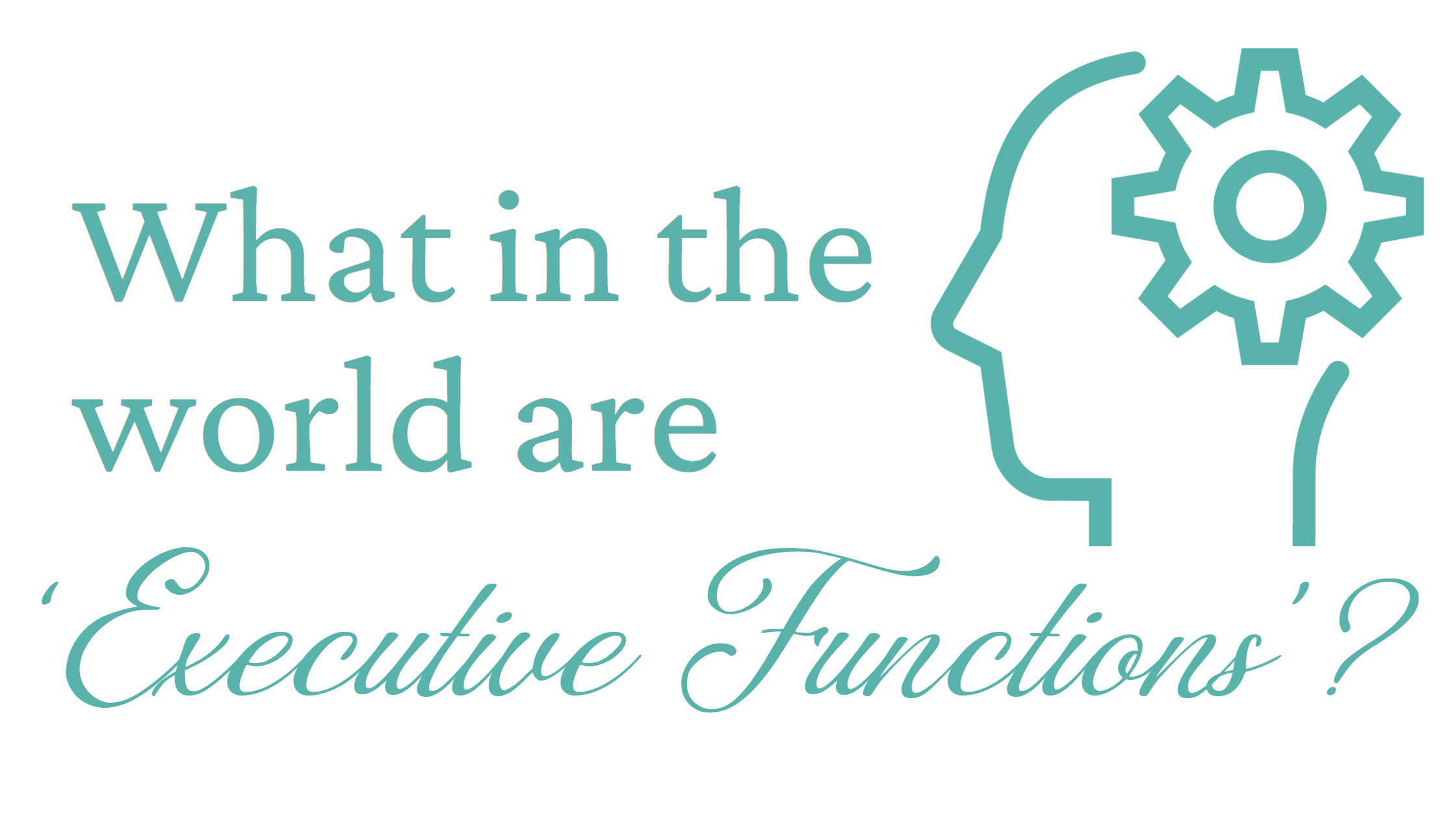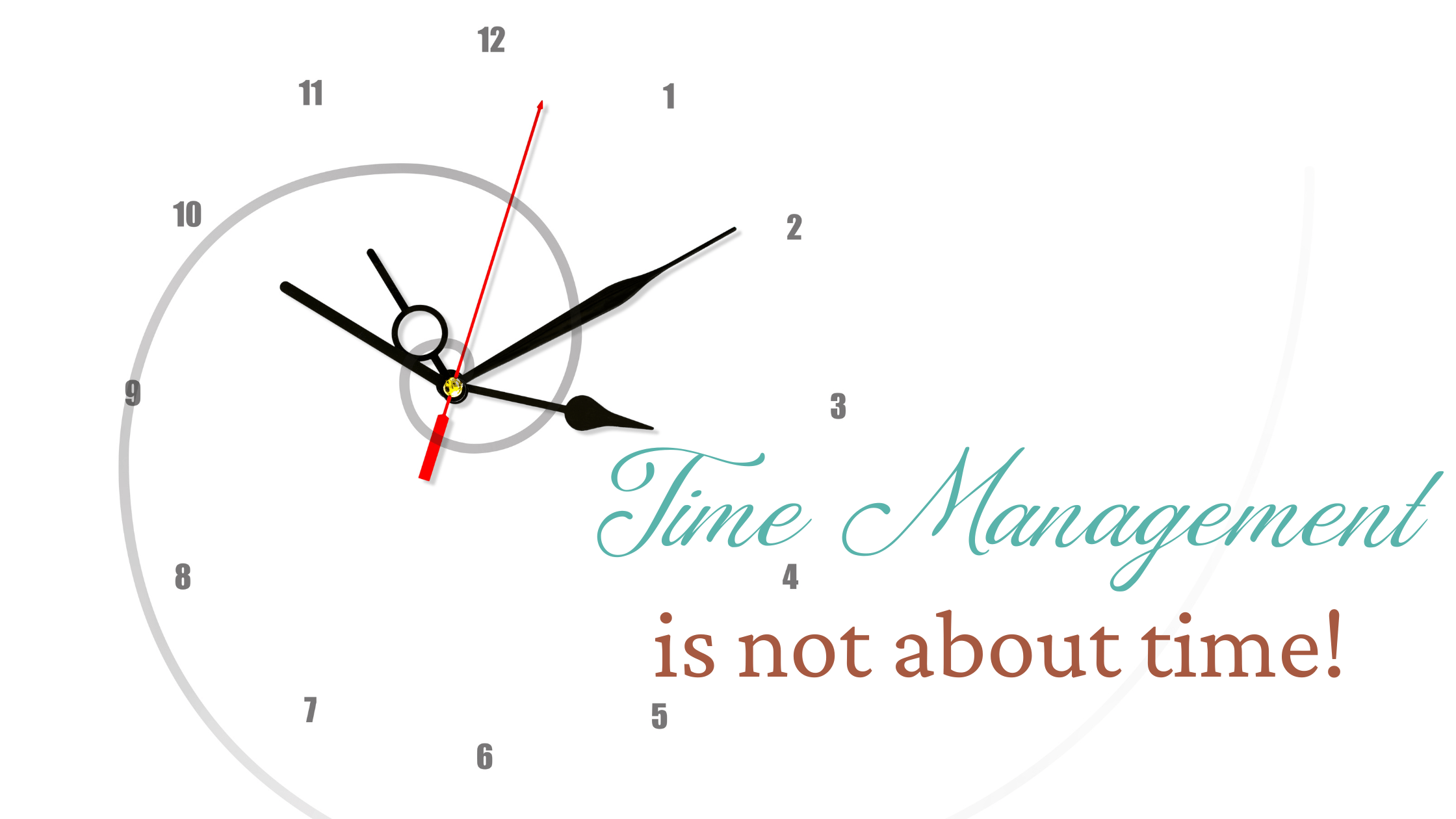Have you heard the term ‘executive functions’? If you or someone you know has learning or attention challenges, you’ve likely heard of this. But what does it actually mean?
In simple terms, ‘executive functions’ is referring to your brain’s management system. Your brain helps you to plan, focus your attention, remember instructions and juggle multiple tasks… in essence, it manages the life skills that allow you to both get through the day and achieve your long-term goals. A weakness in any one of the ‘functions’ may cause problems.
Executive functions include:
- Paying attention
- Getting organized
- Planning
- Prioritizing
- Starting tasks
- Staying focused
- Managing emotions
- Keeping track of what you are doing
- Reflecting on and adjusting behaviors and plans
A widely accepted model of executive functions was proposed by Dr. Brown in 1999. He identified six different categories of executive functions: activation, focus, effort, emotion, memory and action. Each of these includes life skills that you rely on everyday.
Everyone has strengths and weaknesses within the six functions but some conditions, such as ADHD, autism or dementia, seem to have greater impact on the brain’s executive functions. Additionally, you may be in a season of life, such as menopause, long covid or feeling sleep deprived, that is impacting your executive functions during this specific period of your life.
Understanding the functions and identifying areas of deficit can point you to the resources or strategies you may need for further support. I’ll briefly describe Brown’s six categories here and go into further detail of each in subsequent blog posts.
- Activation: This is the ability to organize your thoughts, prioritize and get started. It involves breaking down a task into smaller steps and figuring out how to complete each step. In real life terms, this function helps you avoid procrastination and complete tasks in a timely manner.
- Focus: This is the ability to sustain attention when needed as well as switch between different tasks or ideas quickly and efficiently. In real life terms, this function helps you avoid distractions and easily switch to the next task without too much of a delay.
- Effort: This is the ability to regulate alertness and sustain effort. In real life terms, this function helps you avoid being bored and drowsy but also keeps you from going too fast and making mistakes.
- Emotion: This is the ability to recognize, understand and manage your thoughts, feelings and behavior in any given moment. In real life terms, this function is helping you manage frustration and avoid feeling overly sensitive.
- Memory: This is the ability to remember and process information. It allows you to store information in your short-term memory, recall it when needed and use it to make decisions. In real life terms, this function is helping you to remember names, hold your daily to-do’s in your head and keep your long term goals in mind.
- Action: This is the ability to self regulate and monitor your actions. In real life terms, this function allows you to avoid impulsivity and, on the other side of the continuum, take action when needed.
Executive functions are the life skills we count on each and every day. Do you see an area in which you or someone you know is struggling? Stay tuned for additional blog posts with more detail and strategies for each of the six categories.
As a Time Management Coach & ADHD Specialist, I can help you identify which of your executive functions are weak and we can create strategies for your success and happiness. Reach out today for a free Discovery Call to learn more!






